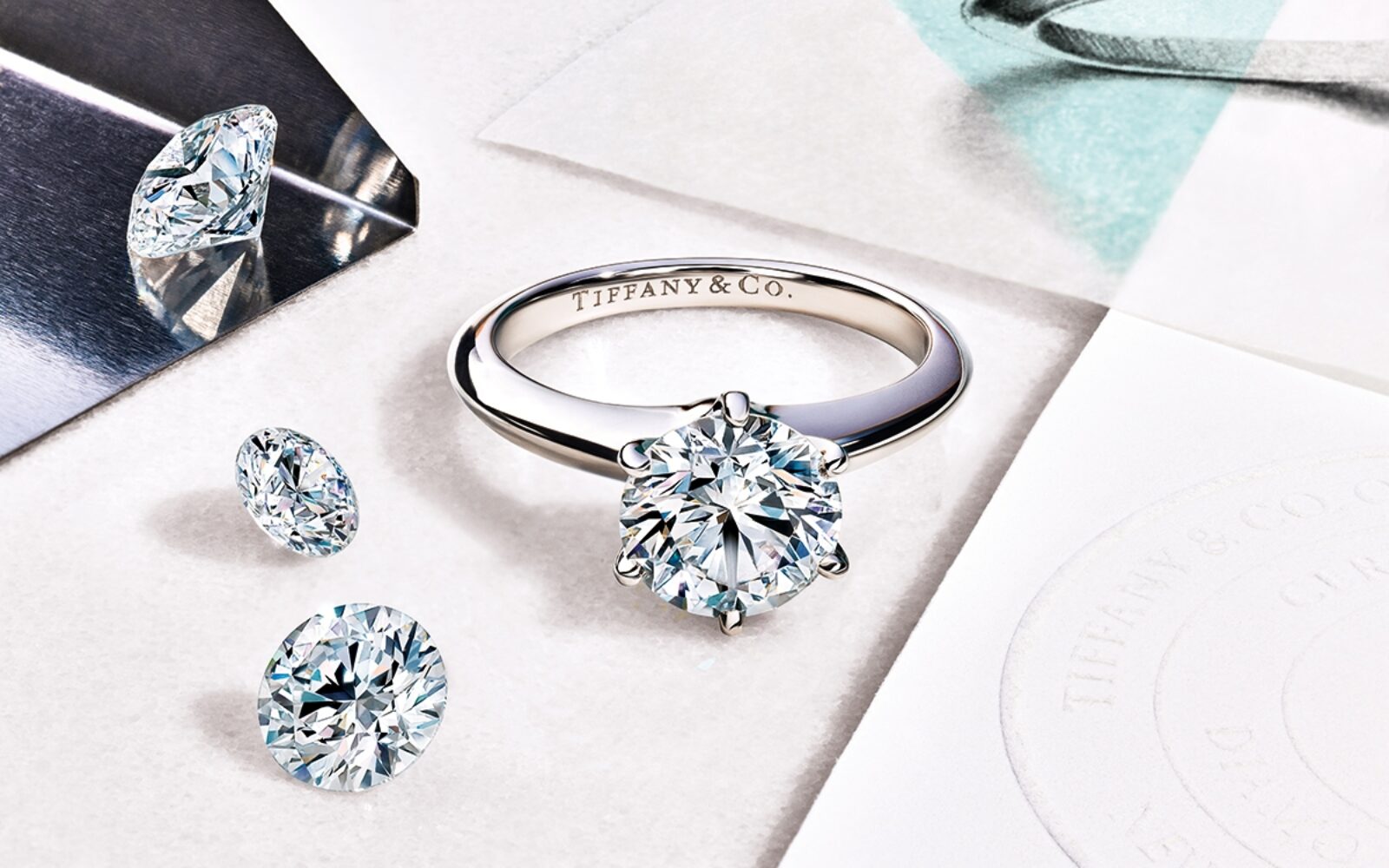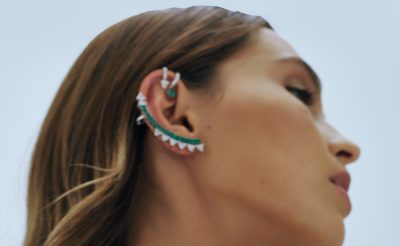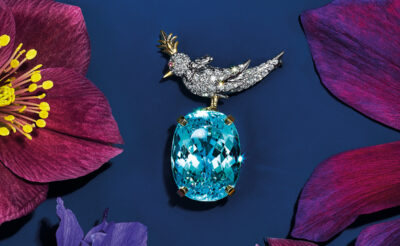The epitome of forever, a diamond is much more than cut, colour, clarity or carat. Today, it symbolises love, romance and luxury, but also has a far greater purpose to respect the wellbeing of the people and planet, thanks to an industry-first diamond traceability initiative by Tiffany & Co. Here’s everything you need to know
Love – the single most powerful sentiment in the world has long been held within the brilliance of a diamond. From being a girl’s best friend to symbolising the promise of forever, it has transcended time, captivating attention and emotion, unrivalled to any other gem in the world. Today, Tiffany & Co. has propelled such sentiments to new heights, becoming the first global luxury jeweller to reveal its diamond traceability initiative by sharing the full craftsmanship journey of its newly sourced, individually registered diamonds that are 0.18k or larger.
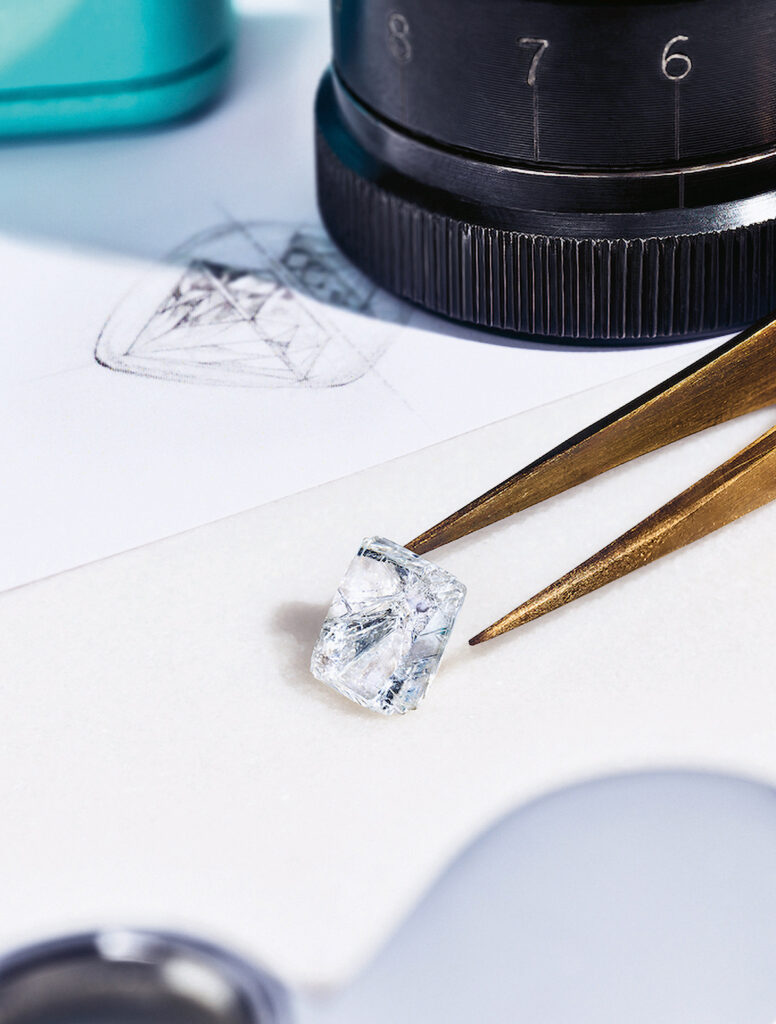
Tiffany owns and operates five diamond-polishing workshops around the world. This is where nearly 1,500 Tiffany artisans ensure excellence of cut is obsessively considered, maximising brilliance, dispersion and scintillation – not just carat weight
In a post-pandemic world, where sentiments have grown stronger in every way, consumer behaviour has become inclined to emotional connections with brands, products, and people that support not just the planet but also the community. And Tiffany has long been listening to these sentiments for well over 25 years. Committed to responsible sourcing, the luxury jeweller has become the first to disclose to its buyers the country where each stone is crafted and set, taking transparency to a whole new level. This is also in line with its future-focused 2025 sustainability goals. “We believe inclusiveness is not a luxury, but a necessity. We continue to drive diversity and inclusion to leverage the power of our people – employees, clients and communities – to make Tiffany & Co. the most inclusive luxury brand,” said Anthony Ledru, president and CEO, in his 2020 Sustainability Report, explaining just how integral this vision has been to the brand throughout the COVID-19 pandemic, despite the unavoidable disruptions that came in its wake.
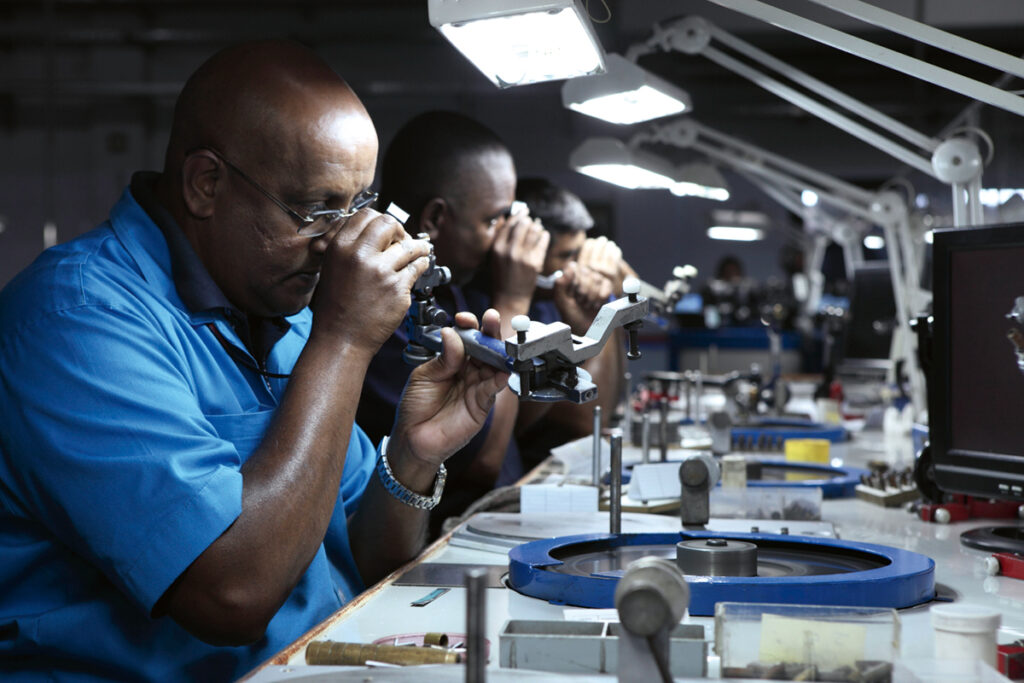
With fully-owned diamond workshops in Belgium, Mauritius, Botswana, Vietnam and Cambodia, as well as a Tiffany Gemological Laboratory in New York and five jewellery manufacturing workshops in North America, Tiffany ensures its own superlative standards are always met
It is no surprise that within the jewellery industry, diamond-sourcing has always been a point of contention, with transparency being the main focus in terms of fair labour and trade practices, location and political-specific risk factors, including accountability for human rights across the supply chain. By living up to its promise of responsible sourcing, Tiffany now offers all buyers a chance to know that their purchases are ethically and sustainably sourced by revealing its detailed six-step diamond craftsmanship journey. “Our customers deserve to know that a Tiffany diamond was sourced with the highest standards, not only in quality but also in social and environmental responsibility, and we believe that diamond traceability is the best means to ensure both, ” says Anisa Kamadoli Costa, chief sustainability officer at Tiffany & Co. The six-step journey involves everything related to responsible sourcing locations. This includes preparation and planning, cutting and polishing, grading and quality control, as well as setting at the Tiffany workshops in the US, and packaging in the Tiffany Blue Box and bag. These are made with paper from sustainable sources, including FSC-certified and recycled materials.
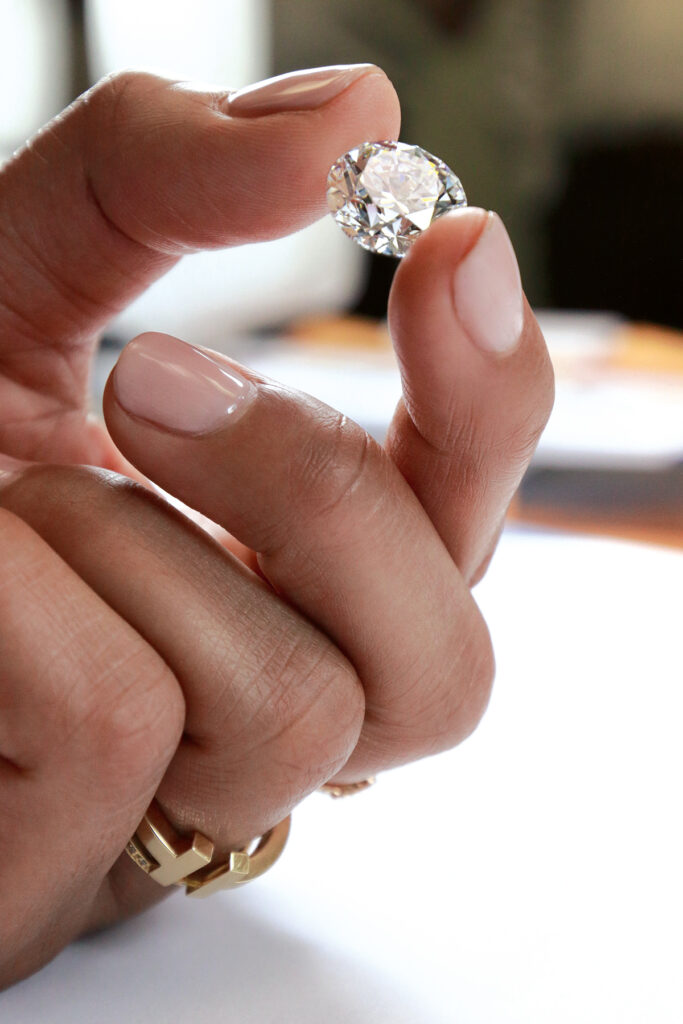
For socially conscious consumers who care about making ethical purchases that support people and the planet, Tiffany’s investment in vertical integration that began two decades ago is a testament to its standard of commitment, care and perseverance through the testing times of the pandemic. The rigorous quality checks incorporated into the brand’s Social and Environmental Accountability (SEA) Programme ensure that the production facilities of Tiffany’s third-party suppliers are aligned with its expectations related to human rights, fair and safe labour practices, environmental protection and ethical business conduct. “Sharing the craftsmanship journey of Tiffany diamonds reflects decades of investment in our supply chain,” explains Andrew Hart, Tiffany & Co’s SVP of diamond and jewellery supply. “Directly sourcing responsibly mined rough diamonds, and crafting and setting those diamonds to our standards in our own workshops, is unique to Tiffany among luxury jewellers.” By providing provenance of its individually registered diamonds, conscious consumers become part of the change the world needs by supporting suppliers, artisans, and countries that operate on fair-trade practices, through purchases that go beyond the price tag. With 100 per cent diamond traceability now available to every buyer, from any sales assistant, and printed on the Tiffany Diamond Certificate, a superlative sense of accountability comes attached to the sentiment of love and appreciation with every purchase – gifted to oneself, or another.
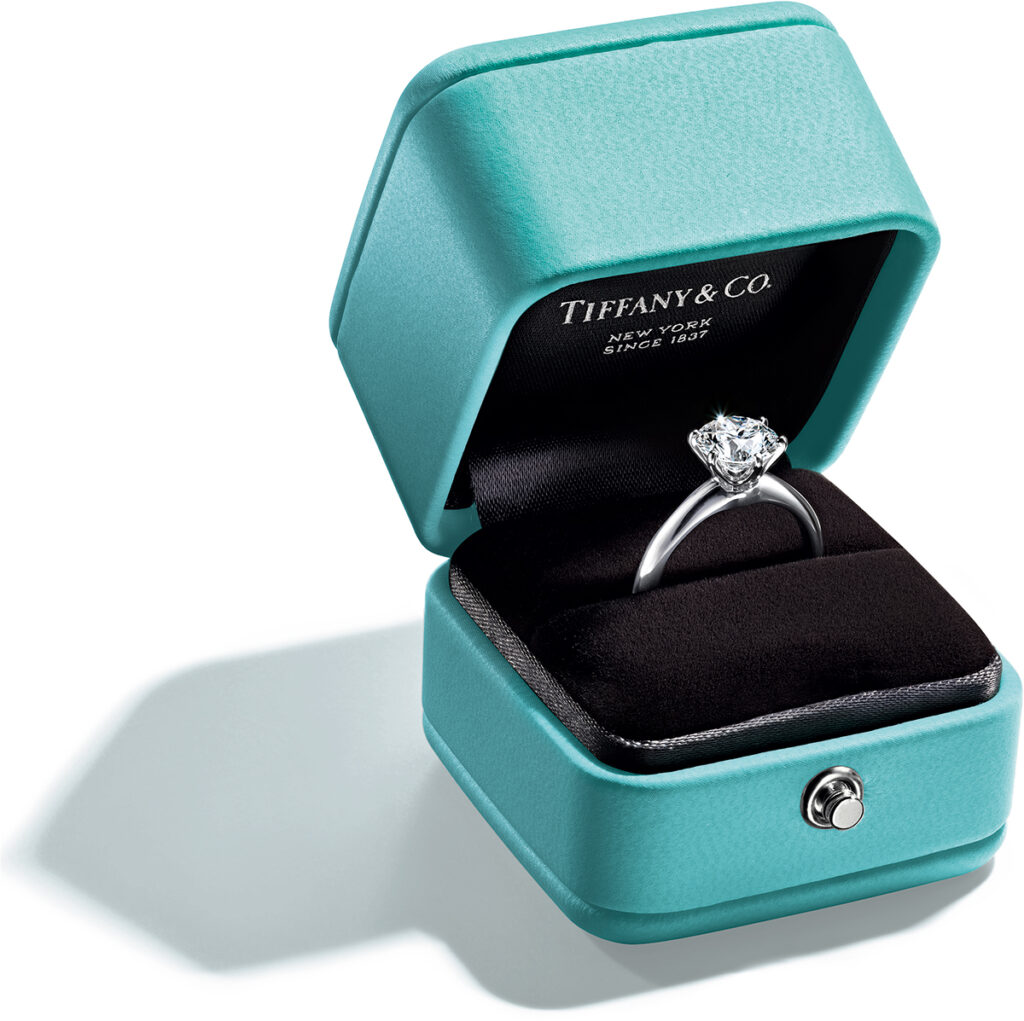
For people who envision a better future, where inclusion, diversity, responsibility, sustainability and protection remain at the core of their belief system, romancing such a stone is probably the closest we can ever get to the heady and perfect combination of the four types of love – storge, philia, eros, and agape – which we owe ourselves and find pleasure in sharing with the world around us. Learn more
Read Next: Are Coloured Gemstones Replacing Diamond Engagement Rings?
- Words by Odelia Mathews

